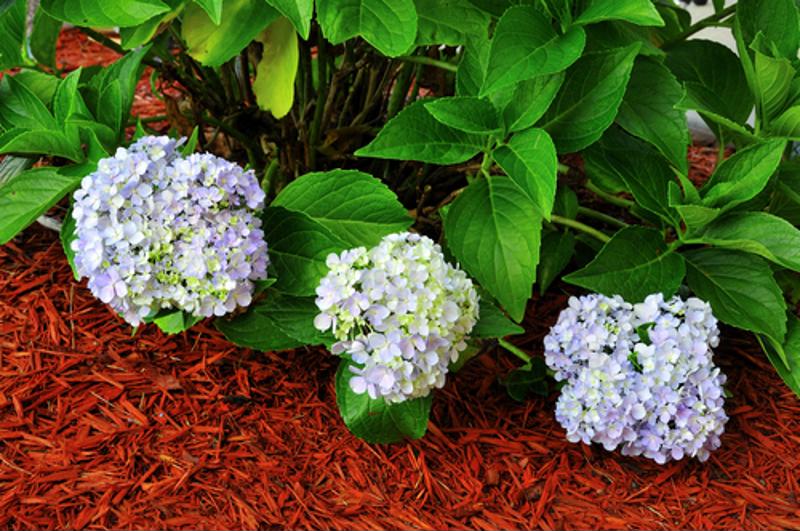You put a lot of work into your lawn and garden. The hours you spend planting, tending, mowing and watering should not go to waste. Pantano Power Equipment understands that your yard is an important part of your home's curb appeal, and it wants to help you make it as beautiful as possible. Proper gardening tools in conjunction with mulching are good ways to ensure the longevity of your yard. By laying mulch, you can also save yourself time and labor later on. Mulch retains moisture, can help reduce weed growth and breaks down to become fertilizer. This means you'll spend less time watering, weeding and fertilizing your lawn and garden. Take a look at the different kinds of mulch to see which one would work best for you.
Shredded bark
As the cheapest and most accessible type of mulch, shredded bark is an excellent mulching choice. Because it breaks down slowly, it's a good option for yards with a lot of slopes. Bark is environmentally friendly and sustainable. However, if your soil is low in nutrients, you should consider mixing fertilizer with the bark. When it breaks down, it can steal some of the nitrogen from the soil, but the fertilizer will counteract this.
Grass clippings
Another cost-effective and environmentally friendly mulching option is grass clippings. Spread your freshly cut grass in a thin layer over your lawn and garden. Grass clippings break down quickly, but they add nitrogen to the soil as they do. This creates nutrient-rich soil. Two things to watch out for when using grass clippings as mulch are to avoid laying down wet grass as this rots faster and to avoid using grass that is chemically treated.
Straw
This is perhaps the most aesthetically pleasing of the mulch options. The golden color provides a rich contrast in your garden while helping retain nutrients and preventing soil erosion. Straw is best for arid environments where there is little rainfall. It can help prevent moisture from escaping, which may result in a greener, healthier lawn and garden.
 Choosing the right mulch can help you maintain a beautiful garden and a healthy yard.
Choosing the right mulch can help you maintain a beautiful garden and a healthy yard.Dead leaves
Much like grass clippings, dead leaves break down quickly and add nutrients to your lawn and garden. You must shred them finely before spreading them as mulch, however, to prevent them from clumping and blocking sunlight and water. Fallen leaves are the perfect mulch for colder environments because they can help trap heat and are unaffected by cold weather as they are already dead.
Newspaper
According to Better Homes and Gardens, basic newspapers with soy-based ink make good mulch material. It should be packed around the base of plants in a garden and left to decompose. Not only will newspaper smother weeds, it will keep garden soil from overheating and drying out in hot climates.
Mulch is an important part of the a healthy lawn and garden. It can help prevent weed growth, reduce the amount of watering you have to do and add nutrients to the soil. As demonstrated above, different mulches work better in certain environment. By selecting the right mulch for your climate and needs, you can ensure that the hard work you put into your yard isn't wasted.